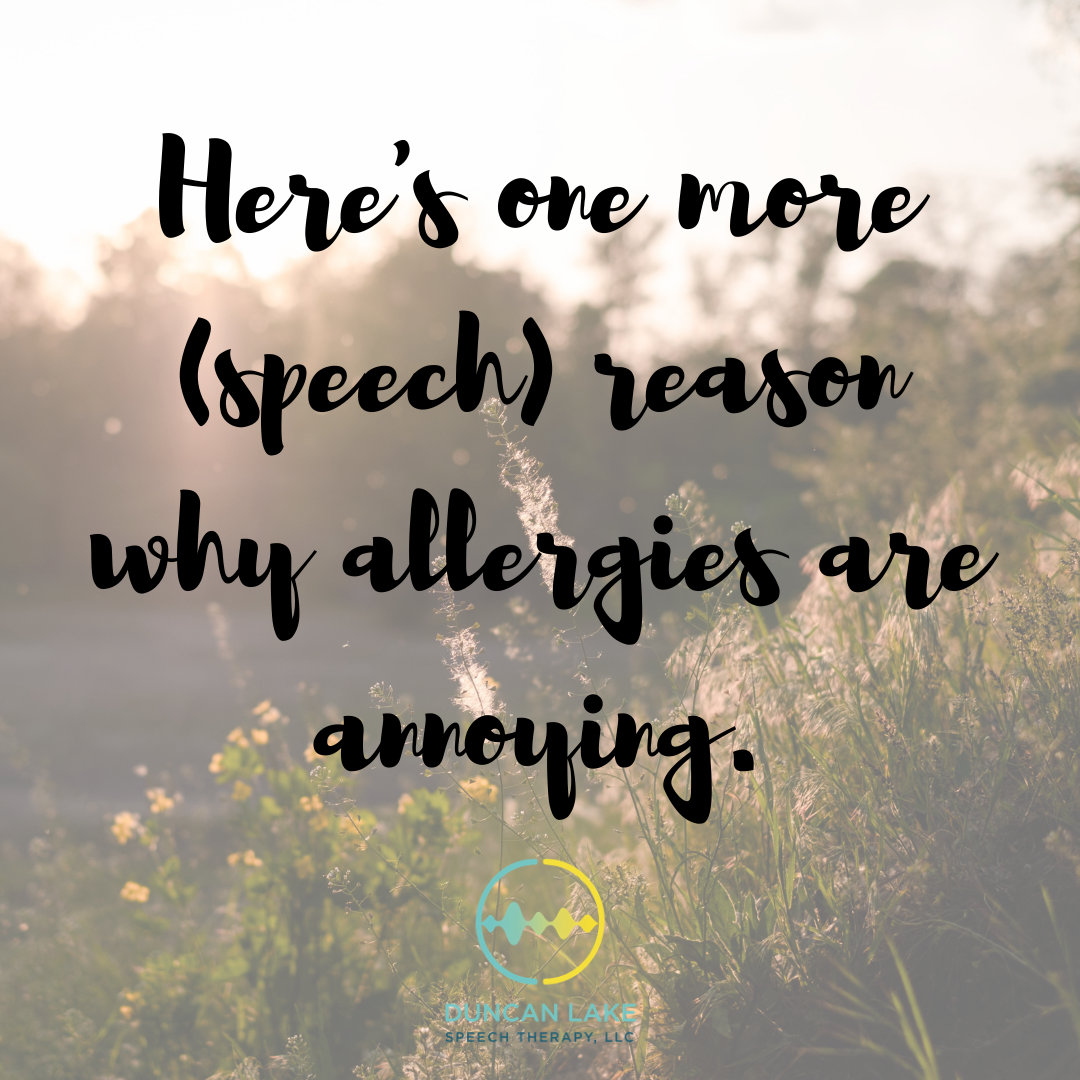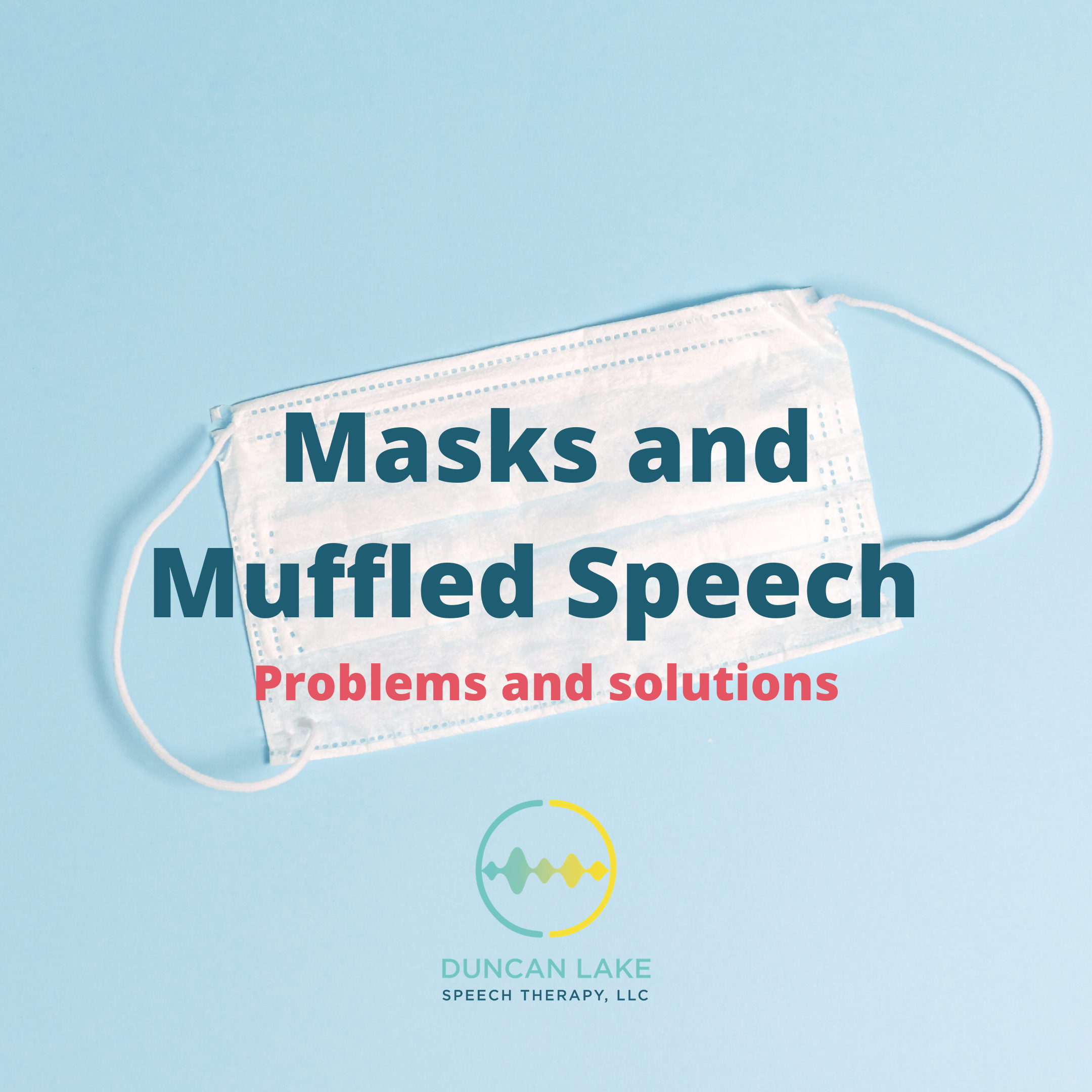
by Tami Teshima | Sep 29, 2020 | Language Development
Like any red-blooded Midwesterner, I am a sucker for the fall. Call me basic, but there is something about this time of year that just makes me so happy. Maybe it’s the colors? Maybe it’s the sweaters? Whatever it is, I love it! Fall brings with it its own...

by Tami Teshima | Sep 16, 2020 | Language Development
Allergies, amirite? Every September, Mother nature warmly welcomes me into her loving autumnal arms by giving me giant case of seasonal allergies. There is nothing quite like constant sneezing, coughing, and congestion, especially during a global pandemic (READ THE...

by Tami Teshima | Aug 18, 2020 | Teletherapy
Michigan friends, the school year is upon us. For many families, virtual school is the new reality. This means that speech-language services provided at school will now take on a virtual look. The good thing is that Duncan Lake Speech Therapy loooooves teletherapy....

by Tami Teshima | Jul 28, 2020 | Language Development
Michigan residents cling to summer weather like velcro. We only get about 4 months of sunshine, so we spend all the time we can outside during the summer. The outdoors can be a great place to work on building your child’s language skills (as we already know)....

by Tami Teshima | Jul 21, 2020 | Hearing Loss
I’d just like to preface this blog post by saying that masks are not up for debate on this platform. My job is to bring you information relevant to speech, language, and hearing, and that’s what I’m going to do. My husband works at a retail pharmacy...







Recent Comments